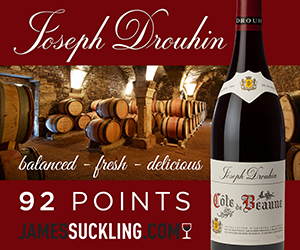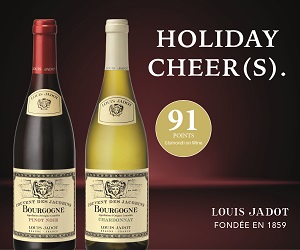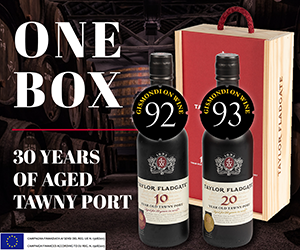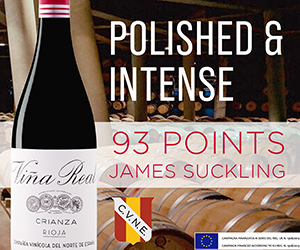Late last month, Italian wine legend Angelo Gaja was in the city to showcase some of his wines and to help raise money for the BC Ride to Conquer Cancer.
Thankfully, Gaja's generosity escaped the attention of British Columbia liquor licensing inspectors who seem intent on crushing anything to do with the drinks business in this province for reasons known only to them.
The 72-year-old Gaja gave a rare inspirational speech, rare not for him, but for the well-heeled crowd who seldom if ever sit still for a one-hour speech. Moments into his presentation the feisty Italian, who is known worldwide for his impeccable Barbaresco and Barolo labels, had the crowd eating out of his hand.
Listening to his passion and clear thinking I wanted to immediately transport him to the Okanagan to further supercharge our local producers. For Gaja, wine is all about the artisan: "Artisans are instrumental to making high quality wines; an artisan doesn't accept to have someone telling him how to make his wine. He likes to make the wine as he wants."
For Gaja, there are three factors important to producing high quality wine, "democracy, peace and investment," and you need all of them to create a serious wine industry. Surprisingly, if there was a visionary for Angelo Gaja, it's the now deceased Robert Mondavi. Gaja says, and I wholeheartedly concur, "There is no single person in the wine business today that has replaced the vision and energy of Robert Mondavi. His philosophy of making high quality wine in large volume while others were producing jug wine is legendary."
Gaja loved that Mondavi spoke about drinking in moderation in the mid-'80s, "I never seen anyone in Europe ever say that. In fact, it was more like drink as much as you can. Mondavi invited great chefs from Europe and America to prepare food and meals at his winery before we did to help consumers understand that the culture of wine is to match food and wine. He was absolutely a great guy."
At one point, Gaja said Mondavi had asked him to enter into joint-venture wine. Calling himself a "mosquito," Gaja eventually declined to work with the "elephant," but was inspired to go it alone, pursuing his own unique artisanal approach.
Artisanal means estate. It means grapes from your own vineyard and sacrifices like producing no wine in a certain year if the quality is substandard. For Gaja, "artisan is focusing on a specific area and cannot be everything. You cannot make cheap wine. The artisan cannot expand to more than a certain size. Artisan is the concept of the family, working in the winery. Not as a hobby but doing their jobs." His wife runs the office, his daughter, Gaia Gaja, runs the foreign markets, his other daughter, Rossana, works the domestic market and Giovanni, the youngest, is still in school.
As for Gaja, he says he will not retire. He claims to have "a kind of a gentleman's agreement with his kids. They cannot fire him and he can't fire them."
Even after more than four decades of work, Gaja is big on new knowledge and science from universities and he lamented the current American election. "I listen to the Obama-Romney debate this week. Nobody is talking about global warming but we are talking (about) it and about biological and natural wines. Even in restaurants you can find sommeliers that are telling about these special processes to make grapes and wines in a biological way. It means having more respect for the environment and using fewer pesticides. This is absolutely a trend. It is not a fashion and the trend will go on. Step by step, it is a duty the world of wine has."
What does natural mean to Gaja? "Less manipulation, less chemical more clean and so on and when the message comes from you (the consumer) it can push the wine producers. You have a very important function; don't lose the opportunity to speak out."
He also believes "even if it is not the way to make money, more people will go back to agriculture to sell what they produce. They will make olive oil, they will make cheese, they will make marmalade, and they will make sausages. I believe agriculture can make jobs, too."
As Gaja approaches age 75, he remains the constant modernist, albeit with the mentality of an ancient artisan. British wine writer Tim Atkin once quoted Gaja as saying, "I need to put my nose and fingers into everything I do." That's about as good advice as anyone could give an aspiring young winemaker, that and maybe watch out for the elephants.

 quicksearch
quicksearch





